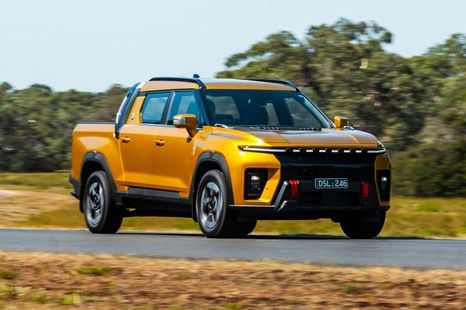

Ben Zachariah
2026 KGM Musso EV review
4 Hours Ago
GM hopes to weather future semiconductor chip shortages better by controlling its chip supply, though it warns the current shortage will last until next year.

News Editor
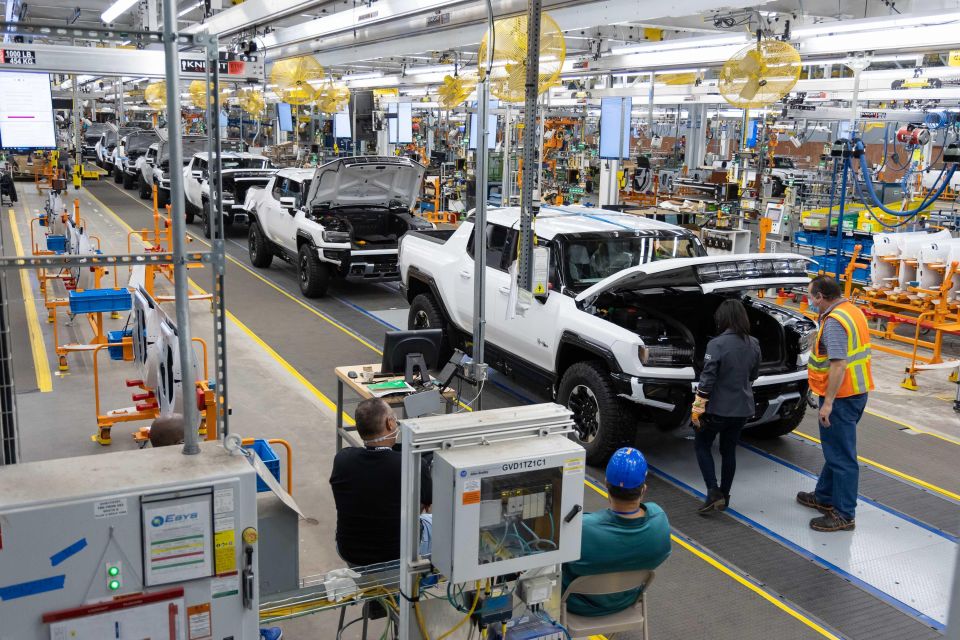

News Editor
General Motors is restructuring the way it manages its semiconductor chips to ensure it has enough for its vehicles.
In an interview with The Associated Press, CEO Mary Barra said GM will, by 2025, move to three families of chips that the company will buy and control itself.
She also said these chips will be able to do multiple tasks, eliminating the need for dozens of chips in every vehicle.
But Ms Barra expects parts and chip shortages will last into next year as production continues to be interrupted.
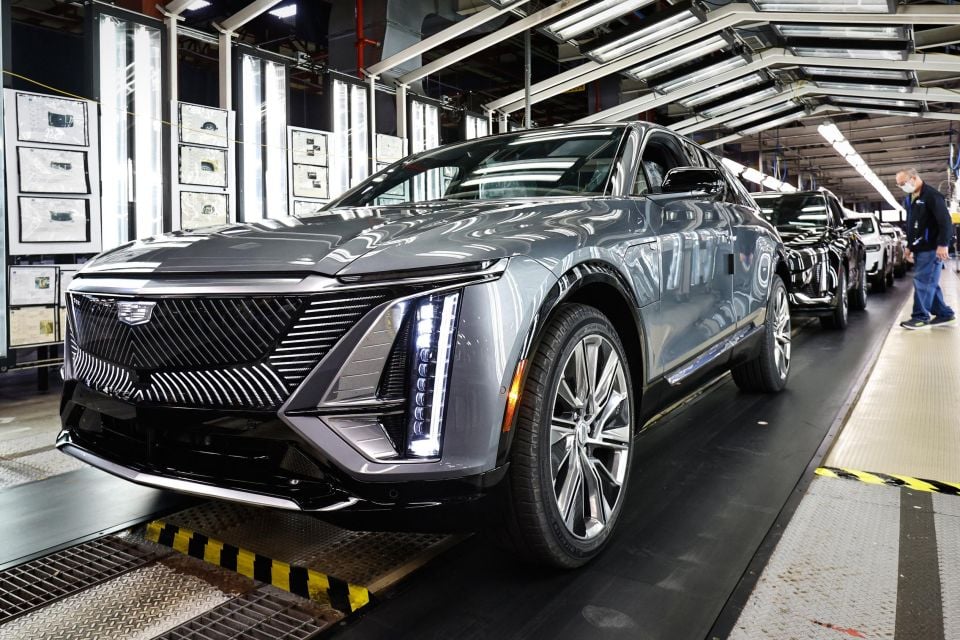
General Motors, like essentially every automaker, has been grappling with chip shortages.
It’s been forced to temporarily remove features like heated seats from numerous vehicles in markets like the US, though unlike some automakers it’s allowed customers to have the features retrofitted later.
By centralising supply instead of allowing suppliers to acquire and hold onto chips, Ms Barra told The AssociatedPress that GM will have the scale to buy in bulk and avoid supply interruptions in future.
“We’re also working with a select group of strategic companies to source these for the volumes. We’ll have much better control and a stable supply,” she said.
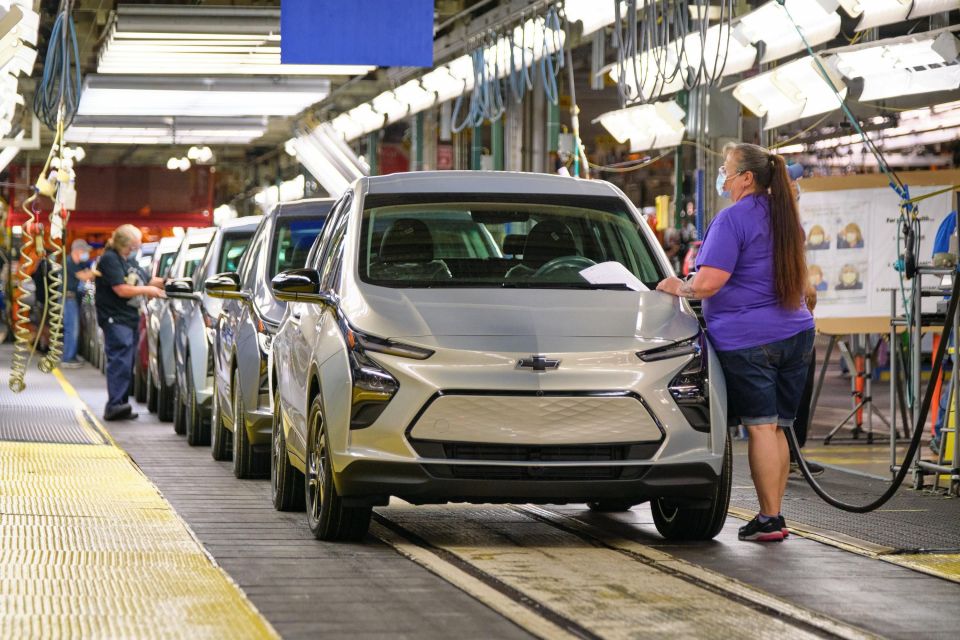
GM isn’t alone in warning the chip shortage could go on for longer yet, and in working to shore up supply.
Volkswagen Group finance boss Arno Antlitz told Automotive News Europe the chip shortage could extend to 2024, though supply should improve next year.
Tier 1 auto supplier Bosch is pumping three billion euros ($A4.46b) into its semiconductor chip division between now and 2026.
While this investment won’t help increase supply in the short-term, it’ll shore up the supply chain so Bosch is better insulated from shortages in future.
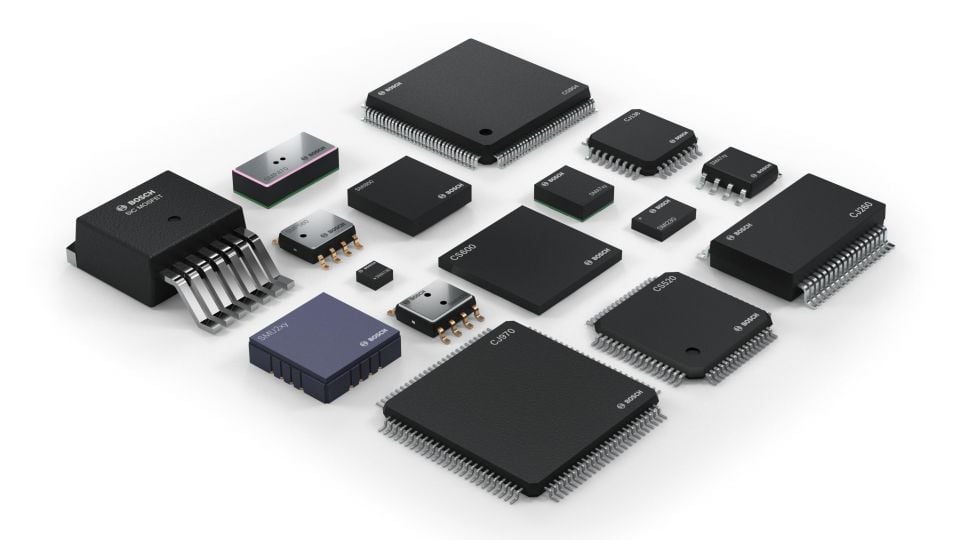
The automotive industry has endured a rough couple of years, with COVID-19 lockdowns interrupting production and chip shortages forcing automakers to either reduce output or remove features from vehicles.
The Russian invasion of Ukraine has also had a direct impact on supply chains, with parts like wiring harnesses produced in great numbers in the Eastern European country.
MORE: Running list of cars with spec changes, due to chip shortage
William Stopford is an automotive journalist with a passion for mainstream cars, automotive history and overseas auto markets.


Ben Zachariah
4 Hours Ago


James Wong
4 Hours Ago
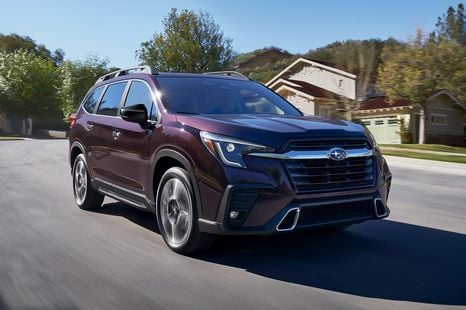

James Wong
4 Hours Ago
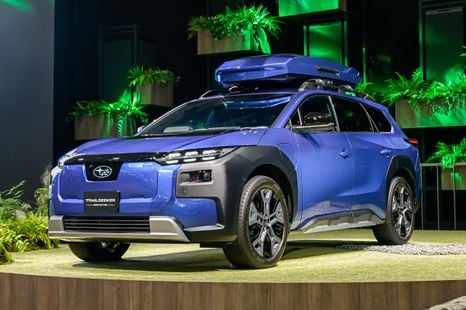

James Wong
4 Hours Ago


Damion Smy
10 Hours Ago


William Stopford
11 Hours Ago
Add CarExpert as a Preferred Source on Google so your search results prioritise writing by actual experts, not AI.